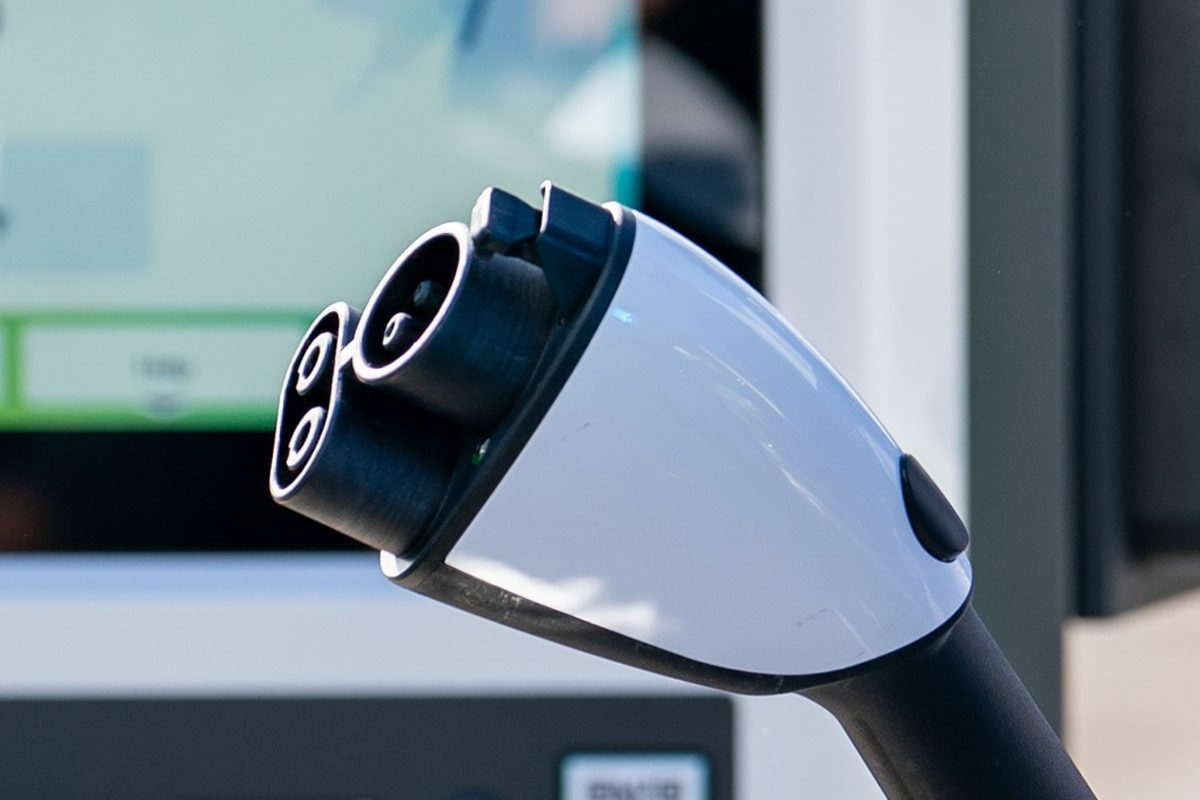California amends emissions trading rule
In line with the now-announced updates, California wants to reduce the carbon intensity of its fuel mix by 30 per cent by 2030. The target will rise to 90 per cent by 2045. Moreover, the amends will “increase support for zero-emissions infrastructure, including for medium- and heavy-duty vehicles, and make more transit agencies eligible to generate credits,” the California Air Ressource Board (CARB) says in a statement.
The LCFS is an emissions trading rule. All producers who do not meet zero-emission targets in the US state have to buy credits from those who do. According to the CARB, “this system has generated $4 billion in annual private sector investment toward a cleaner transportation sector.”
Much of the LCFS proceeds are also invested in low-income communities, providing incentives to help set up EV chargers and hydrogen fuelling stations there. The agency expects to invest about 4.8 billion dollars in the next decade. Funding will also go towards zero-emission infrastructure in other parts of the Golden State, for instance, to remote locations.
California is ahead of other states when it comes to getting rid of combustion engines on the road. For instance, last year the CARB adopted the ‘Advanced Clean Fleets,’ essentially banning the sale of new trucks with combustion engines from 2036. New petrol-powered cars may not be sold after 2035.
The state had gotten a special waiver from the US Environmental Protection Agency (EPA), allowing California to set tougher vehicle emission standards than the rest of the country. However, as many of the clean air rules passed in Sacramento have not yet gotten EPA waivers, some of these initiatives may be at risk once President-elect Donald Trump takes office in January.





0 Comments